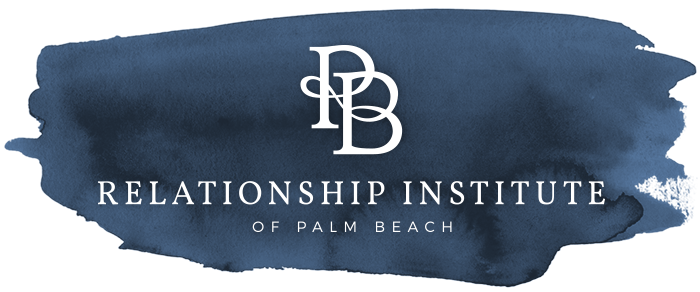The Fear of Abandonment Vs. The Fear of Engulfment And How to Cope
Most of us understand what the fear of abandonment is, but the fear of engulfment is often overlooked. While both of these issues tend to be a result of early childhood wounds, we will look at the ways they differ and how to overcome these fears in our relationships. The fear of abandonment is simply the fear of loneliness and the fear of being left. Engulfment, on the other hand, is essentially the fear of being ‘smothered’ by someone to where you feel like you lose your own sense of self. In this post we will give clear examples of engulfment and abandonment with ways to cope by setting and abiding by boundaries within the relationship.
First, we will start with the root cause and characteristics that define abandonment and engulfment. The fear of abandonment typically stems from a childhood loss. This could be any kind of loss such as losing a parent in death, divorced parents, or as simple as not getting enough physical or emotional support from parents. Warning signs that one may have a fear of abandonment include a chronic insecurities, depression, decreased self-esteem, isolation, and debilitating anxiety.
Signs a child may be having abandonment issues are panic, fear of being alone, difficulty concentration, separation anxiety or “clinginess”. Some warning signs that abandonment may be affecting an adult relationship include trust issues, lack of emotional intimacy, one partner may be “giving too much”, envy of other people’s relationships, or even a need for one partner to control the other.
The fear of engulfment, on the other hand, typically stems from overprotective parenting. Sometimes this may be a mother who on the surface very loving and generous, but also is very controlling in her child’s life and involvement by not allowing him or her the vital developmental experience of having his own and individual perspectives and needs honored. There are no boundaries, essentially in the parent-child relationship. A person who’s unique identity, needs, and perspectives are ignored like in this case, may adapt narcissistic or selfish traits to establish a false sense of self and help meet his or her needs. As an adult, the fear of engulfment can lead to intimacy issues with relationships in such that they feel as though they are being “smothered” in the relationship, and are afraid they won’t have enough of their own space.
So, how do we cope with the issues of abandonment and engulfment? First, we must recognize the wounds that have developed in the past to allow the certain behaviors setting in at the present. We gain insight into how they are impacting our current relationship so we can learn to change our response to the core feeling. Then, proper boundaries and action can be taken to help unwind these past wounds and rebuild a healthy and strong relationships.
References:
http://www.youarehuman.com/blog/2013/8/14/engulfment-and-abandonment-fears
https://www.goodtherapy.org/learn-about-therapy/issues/abandonment
https://www.verywellmind.com/fear-of-intimacy-2671818
http://psychologytomorrowmagazine.com/the-case-against-marriage-loneliness-and-engulfment/


